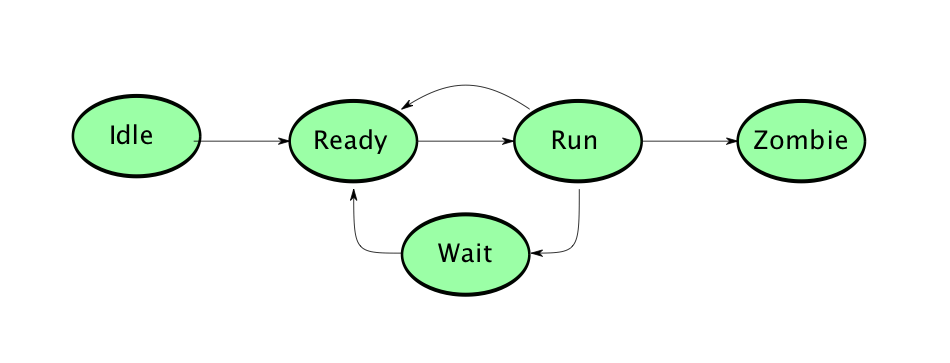Understanding Unix Processes
Before diving into process states, it’s essential to understand what a process represents in Unix. A process is an instance of a program in execution, containing the program code, its current activity, and associated resources such as memory, file descriptors, and CPU registers. Each process has a unique Process ID (PID) that distinguishes it from other processes in the system.
Processes in Unix are created through system calls like fork() and exec(). The fork() system call creates a new process by duplicating the calling process, while exec() replaces the current process image with a new program. This parent-child relationship forms the basis of process management in Unix systems.
The kernel, which is the core component of the Unix operating system, manages these processes through a sophisticated scheduling mechanism. The process scheduler determines which process gets CPU time and when, based on various factors including process priority, resource requirements, and system policies.
Author is a passionate Blogger and Writer at Dlightdaily . Dlightdaily produces self researched quality and well explained content regarding HowToGuide, Technology and Management Tips&Tricks.

